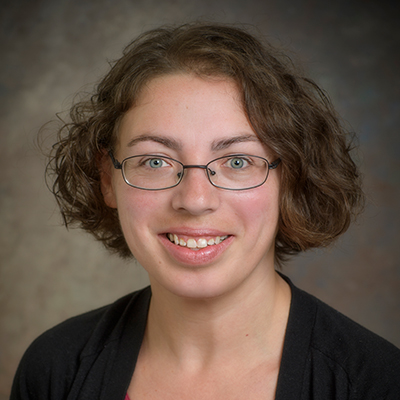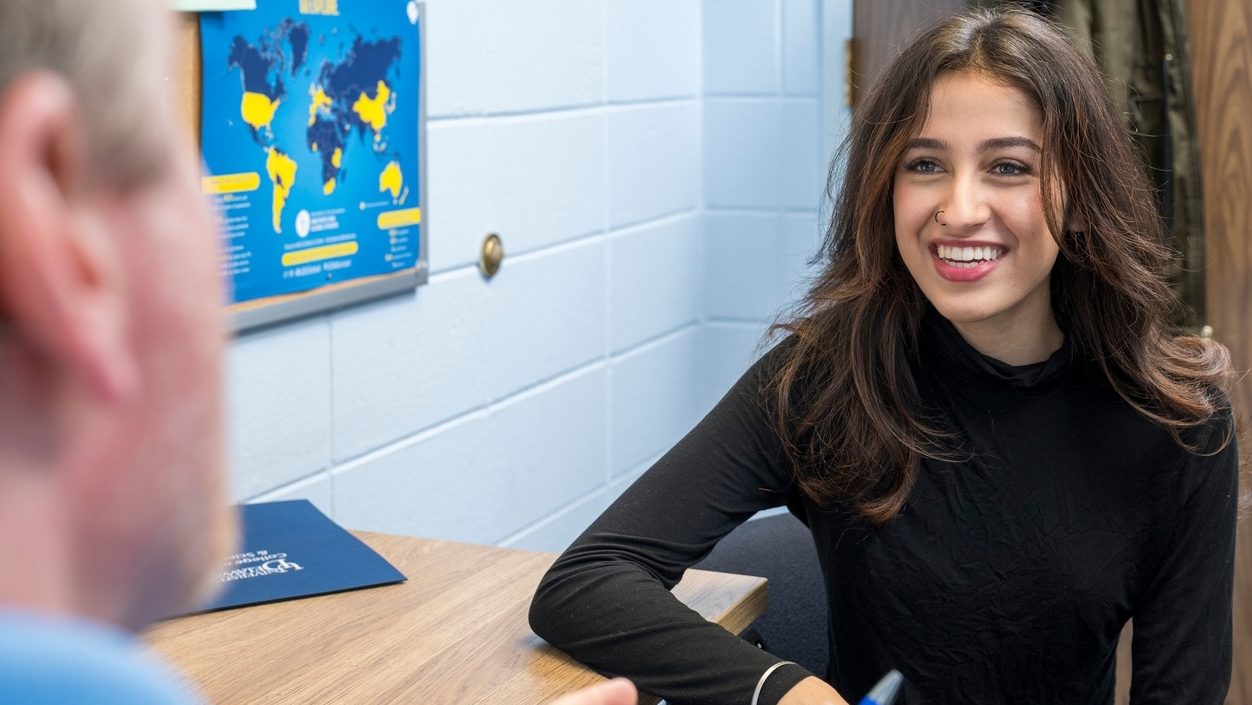
Undergraduate Programs

Welcome to the Department of Linguistics & Cognitive Science
The study of linguistics and cognitive science unlocks some of the mysteries of how our brains process information, especially the ability to acquire language, one of the most complex cognitive tasks. The Department of Linguistics and Cognitive Science at the University of Delaware offers two undergraduate programs and a 4+1 accelerated program allowing students to receive a master’s degree in five years.
Our teaching mission includes delivery of excellence in instruction in our undergraduate majors and minors, as well as our contribution to general education, multicultural education, discovery learning, second writing, and the first year experience program for freshmen majors.
Combining classroom experience with innovative research led by faculty who are leaders in the field, the interdisciplinary aspect of our programs gives students the opportunity to collaborate on projects with departments, centers and colleges across the University.






